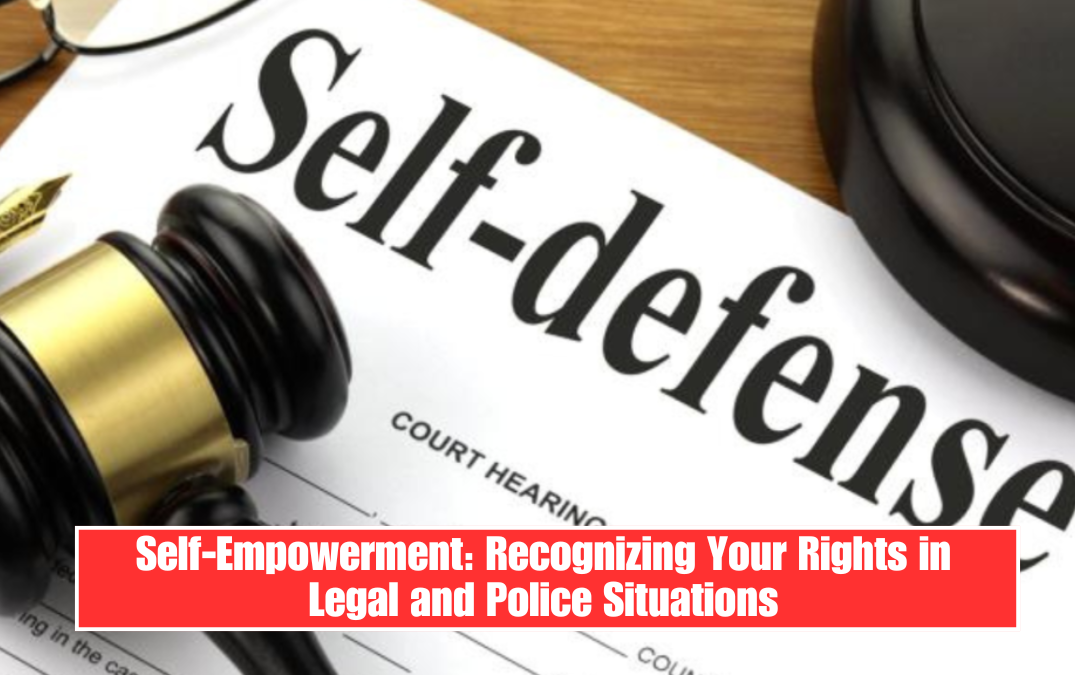Understanding your rights when dealing with police or the legal system is critical for protecting yourself and ensuring fair treatment under the law. Knowing your rights gives you the ability to advocate for yourself and make informed decisions, whether you’re dealing with law enforcement or the legal system. Here’s what you should know.
First and foremost, understand that you have the right to remain silent when questioned by police. You are not required to respond to any questions that may incriminate you, and you have the right to seek legal counsel before speaking with law enforcement officers. Use this right to protect yourself and avoid accidentally saying something that can be used against you later.
You also have the right to refuse consent to a search of your person, vehicle, or property unless law enforcement officers have a warrant or probable cause to conduct the search. If you are unsure whether you are required to consent to a search, you should exercise your right to remain silent and consult with a lawyer before making a decision.
If you are arrested, you have the right to be informed of the charges against you and to consult a lawyer. You also have the right to a fair and speedy trial, which is guaranteed by the Constitution. Use these rights to ensure that you are treated fairly during the legal process and to protect your interests.
When dealing with law enforcement officers, keep calm and cooperative while asserting your rights. Avoid escalating the situation or engaging in confrontational behavior, as this may lead to further complications. Remember that you have the right to record interactions with police officers in public places, but do so safely and respectfully.
In legal matters, it is critical to retain qualified legal counsel to advocate for your rights and interests. A skilled attorney can provide invaluable advice and representation throughout the legal process, whether you are facing criminal charges, dealing with civil disputes, or seeking legal redress for a violation of your rights.
Finally, stay informed about your rights by learning about relevant laws and legal procedures. Use the resources available from legal advocacy organizations, community groups, and government agencies to learn more about your rights and how to protect them.














